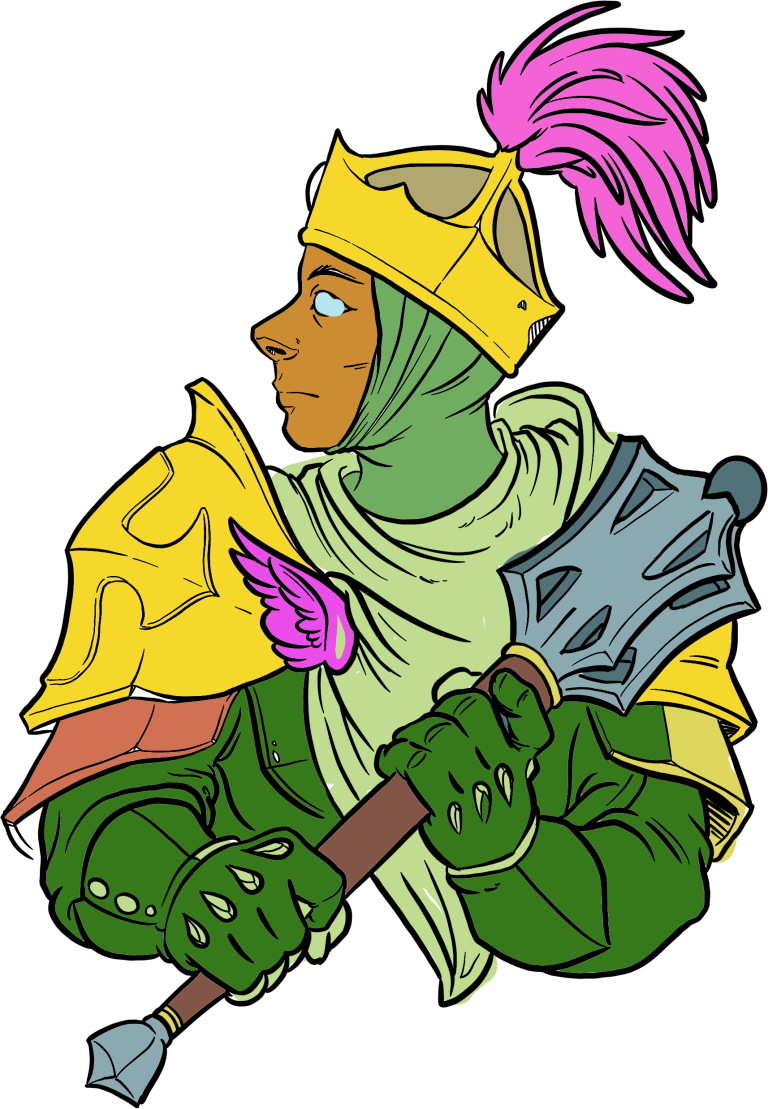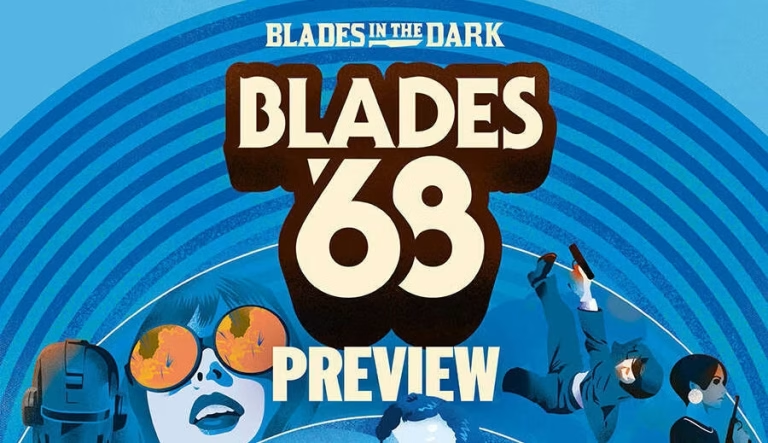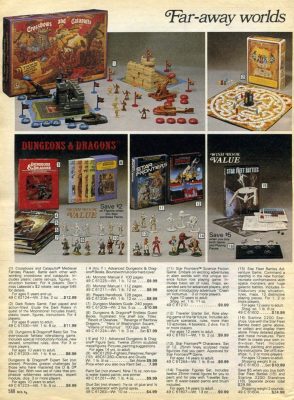By Jason Campbell
Many TTRPG players try to build characters who have a deep personality. Many people equate that effort with a long, deep backstory. Game Masters can see this as a positive (lots to dig into during the campaign) or negative (do I really have to read all of this?). Many other players avoid this entirely, jump into the game and see what happens. Let’s examine these two philosophies.
Backstory
The backstory is what happened to an RPG character before the start of the first session. Some games accomplish this with a funnel, where you play a zero level character who might become a hero, if they survive. Some of those may have a backstory, but it typically involves everyday things.The downside to creating an extensive backstory is that if an entire lifetime of adventure has happened before session 1, what story is left to tell in the campaign? The plus side to a backstory is that it can give the player a framework that helps inform decisions that the character might make in the future of the campaign. It also gives the GM plot lines they can draw from in later campaign plots.
Emergent Discovery
Emergent discovery is used by players who don’t know everything that’s happened in the past, and decides their history as the story of the campaign grows. There’s a few reasons for using this method. It might be as simple as a player not being inspired to create a long backstory. Other players want to explore their character and watch their history and personality unfold as the other players do. This can be fun for the player and their co-players, but it leaves the GM without ideas to tie the PC to future plot threads in the campaign.
A Combination?
Given these two seemingly opposed ideas, which one is best? As you can guess, the best decision may be to not choose, but use a combination of both. Creating a minimal backstory – their family members, where they grew up, their career or particular skills – gives the player some idea of what the PC might do in some situations. The player can still leave details to be filled in later, only establishing the major events of the PC’s life. This allows for growth of the past and the present, and allows for alterations as the story of the campaign unfolds.
What really matters in a TTRPG is not backstory, but future story. That’s the whole point of building a story together. The way you create what happened in your character’s past should be whatever method helps you build that unfolding story.
What do you think? Do you have a favorite method for building a character’s past? Let us know in the comments.





